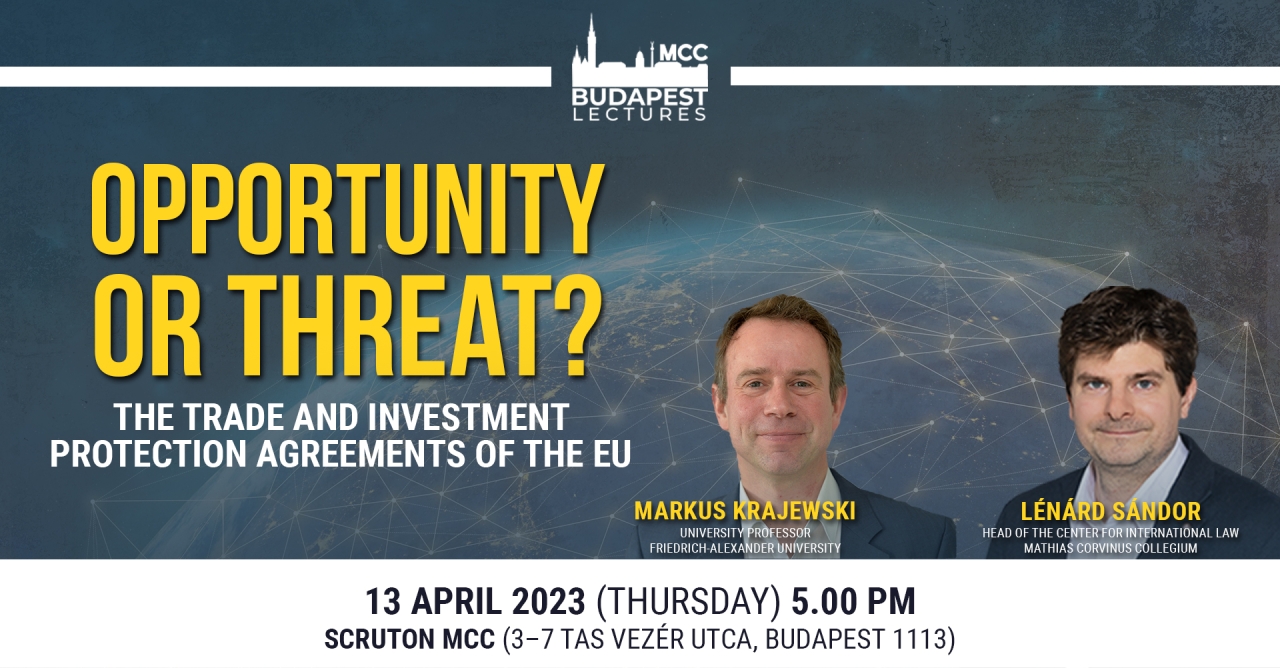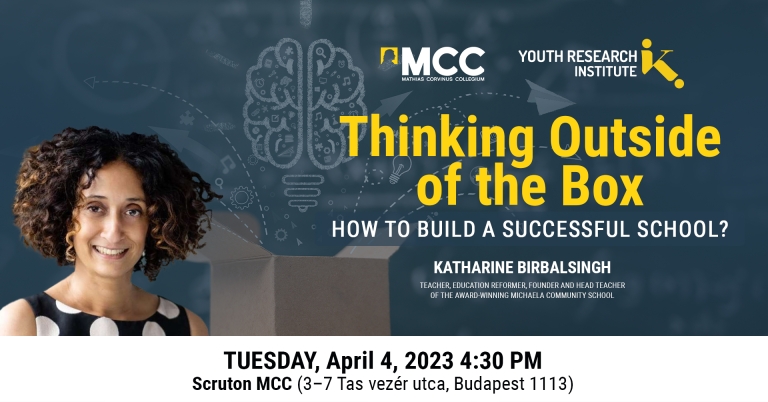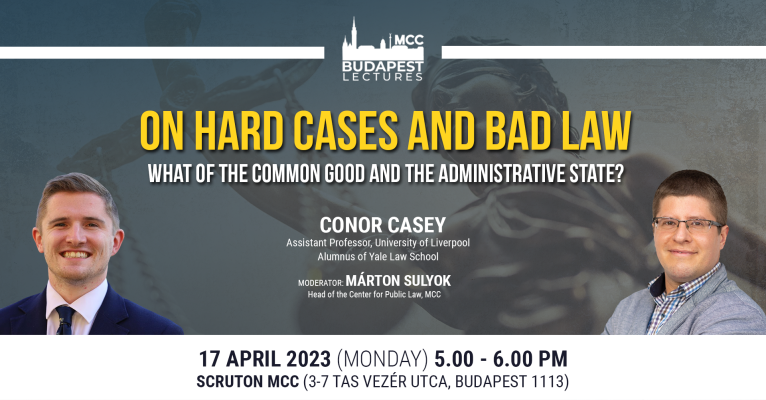One of the commonly accepted key raison d’êtres of the European cooperation is to make the Member States more competitive on the world market in an age of rapid economic globalization and transnationalization of business operations. The common commercial policy that regulates the external dimensions of the internal market is a critical instrument to achieve this goal efficiently. The Lisbon Treaty endowed the European Union with exclusive competence over Foreign Direct Investment, including it in the scope of the Common Commercial Policy. As a result, this transformation allows the European Union to emerge as an influential actor in the globalized world economy. In the field of investment policy, the European Union aims to introduce significant reforms, including the reform of the substantive rules on foreign investment protection that aims to provide a better balance between investors’ rights and recipient countries’ regulatory space as well as the reform that intends to increase the legitimacy of the institutional framework of dispute settlement. What are the implications of these reforms? What are the stumbling blocks, and can the EU use its leverage vis-à-vis third countries? To what extent are they in line with the general trend to reform investment treaties? What do they mean to smaller European countries? These and similar questions are to be addressed by Professor Markus Krajewski, world-renowned Professor of Law at the Friedrich-Alexander University in a conversation with Lénárd Sándor, Head of Center of International Law at the Mathias Corvinus Collegium.
Markus Krajewski is a University Professor at the Friedrich-Alexander University and holds the Chair in Public Law and Public International Law. He teaches German constitutional and administrative law, European law, public international law and human rights. His research focuses on international economic law, human rights, European external relations and the law of public services. He wrote four books and authored numerous contributions in scholarly journals and edited volumes. He is co-editor of the European Yearbook of International Economic Law (EYIEL).
Lénárd Sándor is the head of Center for International Law at the Mathias Corvinus Collegium and associate professor of law. He has previously served as a chief counsel at the Constitutional Court of Hungary and as a legal advisor at the European Parliament in Brussels. He studied at Canisus College (Buffalo, New York, USA) and was a research fellow at Aarhus University (2016) and at Osgoode Hall Law School (2017). His research interests include the international legal questions of economic globalization.


